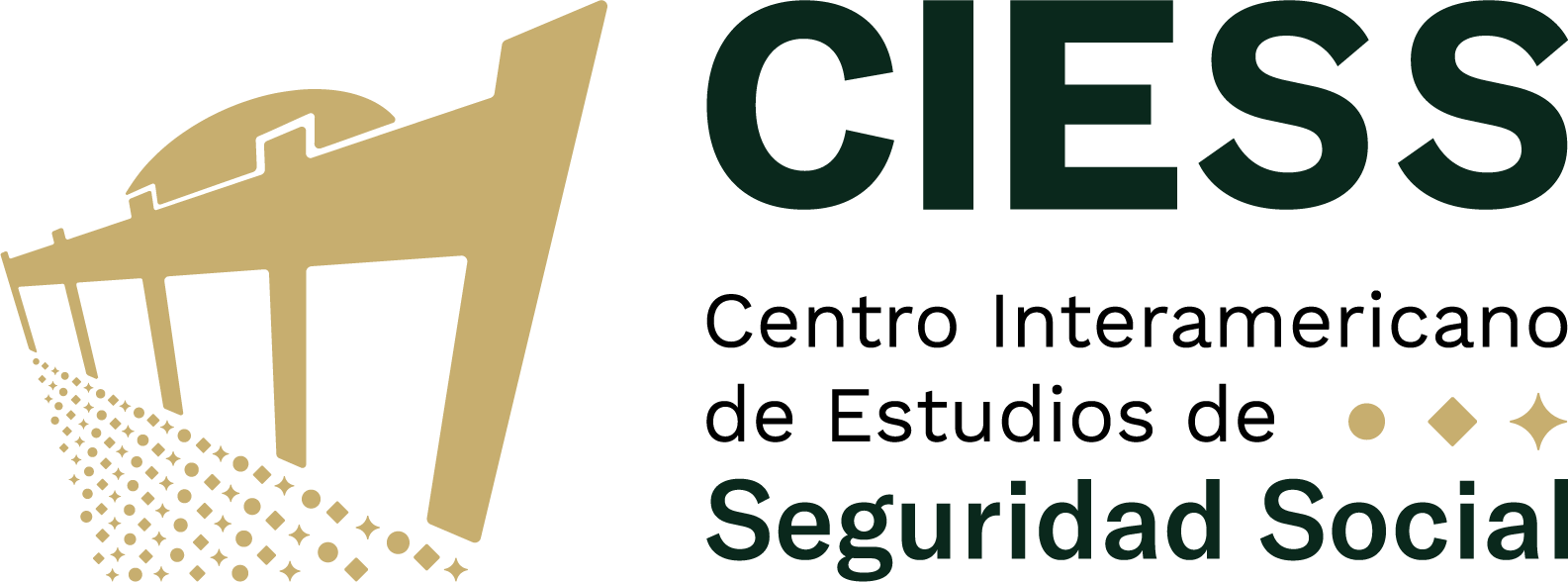Senior Management in Social Security Institutions
Mode: Online
Start date: February 25th, 2025
End date: July 22nd, 2025
Synchronous sessions: Tuesday and Thursday
Schedule: 14:00 to 17:00 hours (Mexico City time)
Total duration of the activity: 120 hours
Synchronous work: 64 hours
Asynchronous work: 56 hours
Languages: Spanish - English
Cost: 880 USD | (760 USD tuition, 120 USD technological resources). Scholarship regulations apply.
ⓘ IMPORTANT:
The deadline for registration is one month before the start of the academic activity. Registrations will be closed earlier if the maximum number of participants is reached.
General objective
Improve administrative practices through updated management principles responding to the global environment and evolution of social security institutions. With appropriate tools, it will help to reach operative efficiency and suitable assistance to users.
Thematic content by module
Academic updates
In the 2025 Academic Program, we have improved the design of training activities by emphasizing the importance of asynchronous work, which will enhance and make your learning experience more flexible.
We invite you to continue exploring to understand this adjustment better.
Asynchronous work
Asynchronous work stands for the activities that must be completed independently, i.e., on your own, without lecturer’s support. This student-centred approach focuses on:
- Granting you control of your learning process, which allows you to manage your time and resources.
- Encouraging reflection on the acquired knowledge by identifying the areas for improvement and focus.
- Allowing you to choose when and where you engage on finishing the activities without disturbing your daily activities.
Examples of this kind of work:
- Review readings before synchronous sessions.
- Do research on specific topics.
- Work individually or in groups to complete projects or tasks.
Synchronous sessions
Synchronous work refers to the activities developed in real time where you will be able to interact with lecturers and other student directly. This approach will allow you to:
- Ask questions and get immediate answers. This will improve concept understanding.
- Exchange ideas and experiences, fostering teamwork and peer learning.


